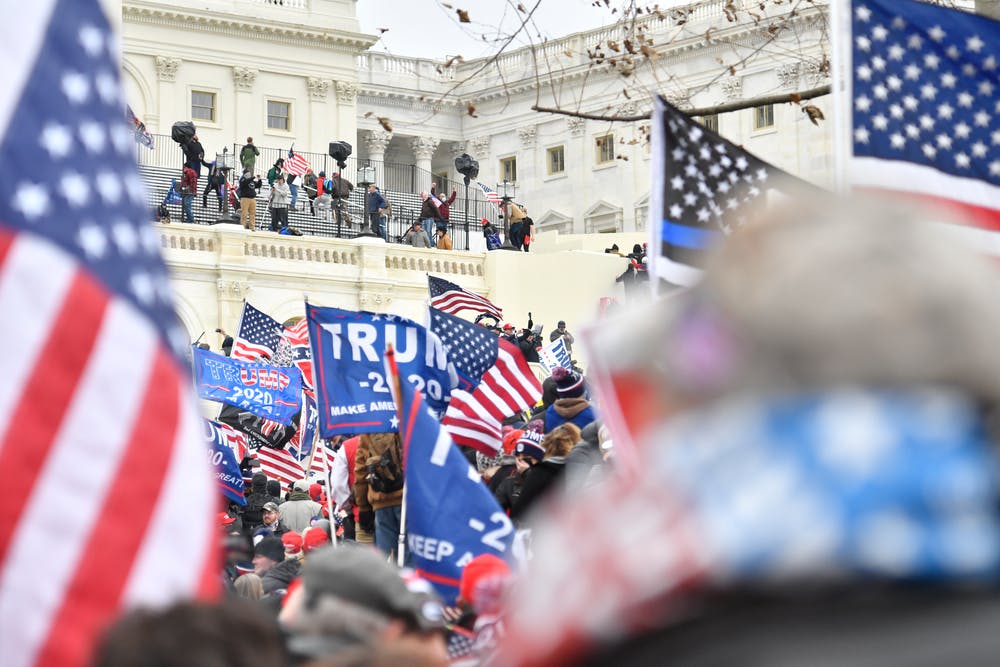A look ahead at the key events leading the news agenda next week, from the team at Foresight News.
Leading the week
All eyes are on Congress as lawmakers return from recess (June 6) facing mounting pressure to confront the nation’s gun violence epidemic in the wake of horrific mass shootings in Buffalo and Uvalde. Senate Majority Leader Chuck Schumer postponed legislative action on the issue until this week in the hopes of reaching a bipartisan agreement, but with only a handful of Republicans at the negotiating table, Democrats face an uphill battle to fulfill President Joe Biden’s promise to the families of victims in Uvalde that politicians will ‘do something’ to tackle gun violence.
In the House of Representatives, votes are planned on a package of eight gun control bills that are likely to pass but almost certain to stall in the Senate. The House Oversight Committee has also scheduled a hearing on gun violence (June 8) with further committee hearings expected during the week. If progress has not been made by the weekend, pressure is set to reach a climax when the survivors of the 2018 Parkland school shooting hold a March for Our Lives rally in Washington DC (June 11).
On June 9, over 500 days after the January 6th insurrection at the US Capitol, the House select committee investigating the attack holds its first hearing since July last year. That hearing, which featured emotional testimony from law enforcement officers who had been on duty that day, has been followed by months of document requests, subpoenas and closed-door meetings with former Trump White House officials as part of the committee’s effort to piece together a full picture of how the unprecedented attack was able to take place.
Airing at prime time, the hearing is expected to set the stage for seven additional sessions throughout the month which will examine the organization and financing of the ‘Stop the Steal’ rally, the influence of Republican voter fraud conspiracies, Donald Trump’s activity that day, and the response of law enforcement. The resumption of the Jan. 6 hearings follows the revelation that former White House trade adviser Peter Navarro has been subpoenaed by a grand jury, indicating that the Department of Justice’s investigation into the attack is also ramping up.
Tuesday (June 7) marks the busiest day of primaries so far, with voters in California, Mississippi, South Dakota, Montana, Iowa, New Jersey, and New Mexico heading to the polls.
In California, look out for the LA mayoral race which sees Congresswoman Karen Bass neck and neck with Kim Kardashian-endorsed billionaire developer Rick Caruso, and the battle for Attorney General, where Republicans Eric Early and Nathan Hochman and independent prosecutor Anne Marie Schubert are all challenging Rob Bonta.
At the top of the ballot, the races are far less competitive. Senator Alex Padilla is looking to fill the remainder of Kamala Harris’s term as well as a subsequent full term but is expected to see off any primary challengers and the seat is set to remain Democratic. Governor Gavin Newsom is also up for re-election, but finds himself in a strong position having defeated a recall effort last year.
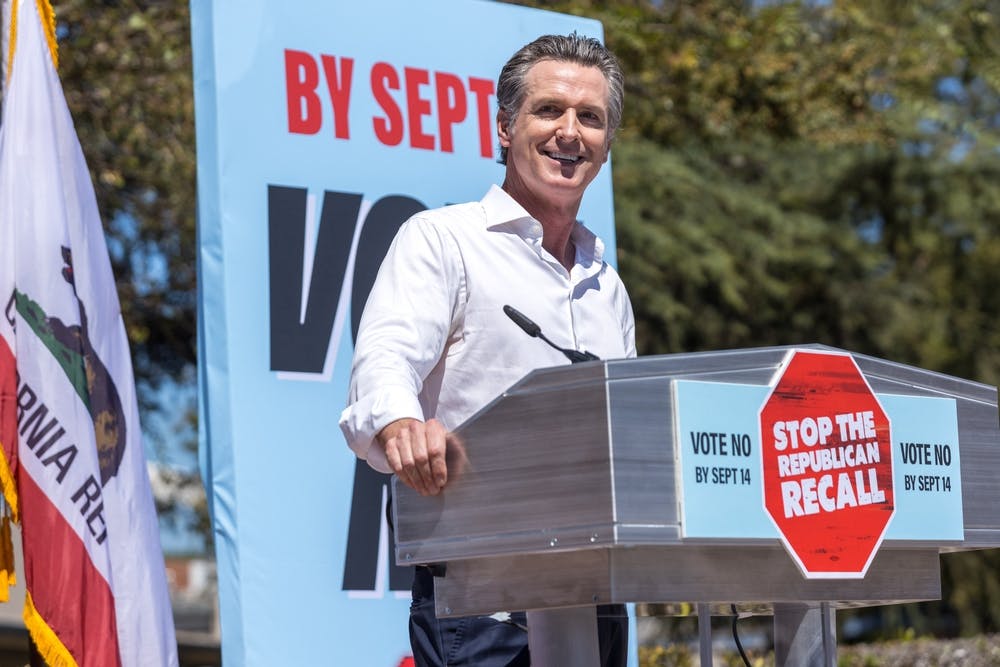
In South Dakota, Senator John Thune, the second most powerful Senator in the country, faces primary challengers for the first time. Mark Mowry and Bruce Whalen both believe the 2020 election was stolen from Donald Trump and criticize Thune for not assisting in efforts to overturn the results. In Iowa, former Congresswoman Abby Finkenauer and Rt. Navy Admiral Mike Franken are facing off in a competitive Democratic primary to take on 88-year-old Republican Senator Chuck Grassley.
Looking abroad
Joe Biden plays host to the Summit of the Americas in Los Angeles from June 8-10. The build-up to the gathering, which was postponed from last year, has been dominated by concerns about key leaders not attending in response to Biden’s decision not to invite leaders from Venezuela and Nicaragua.
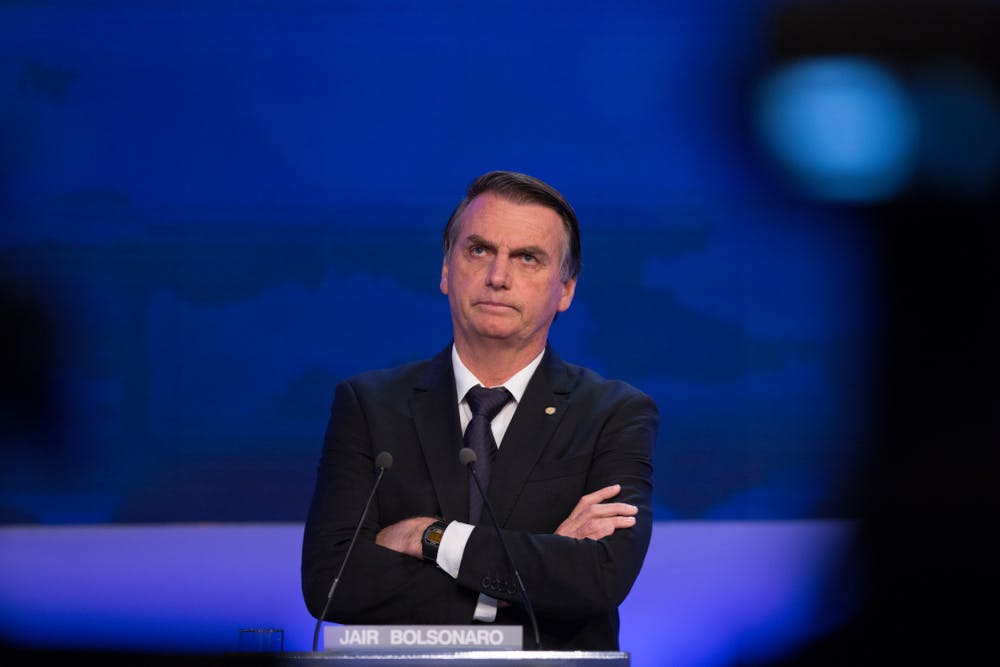
Although Brazilian president Jair Bolsonaro now says he plans to attend despite allegedly being snubbed by Biden at the G20, Mexico’s Andrés Manuel López Obrador continues to threaten a boycott, dubbing the event the “Summit of the Friends of America”. Cuban President Miguel Díaz-Canel has ruled out attending, and others threatening to skip the summit include leaders from Bolivia, Guatemala and Honduras. Efforts are reportedly underway to shore up attendance, but it increasingly looks as if the summit may end up undermining, rather than reinforcing, American leadership in the region.
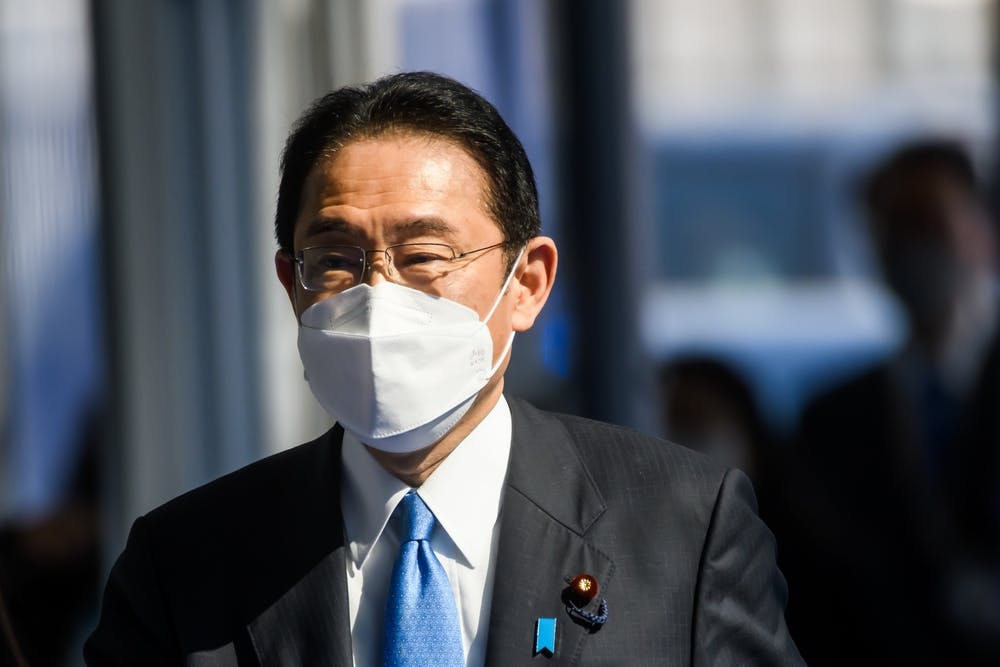
Starting on Friday (June 10), defense leaders gather in Singapore for the annual Shangri-La Dialogue security summit. Both US Defense Secretary Lloyd Austin and his Chinese counterpart General Wei Fenghe attend and deliver speeches on the Saturday (June 11) and Sunday (June 12) respectively. They are also due to hold a bilateral meeting on the margins of the event. Competition between the US and China in the Indo-Pacific region is sure to come up in their talks, which follow on from a recent high-profile tour of Pacific nations by China’s Foreign Minister Wang Yi. Japan’s Prime Minister Fumio Kishida also delivers a speech (on June 10), in which he will likely address North Korea’s recent missile tests. The launch led to an effort to increase sanctions on the secretive state at the UN Security Council, though China and Russia vetoed the proposed resolution.
After securing reelection in April by defeating far-right candidate Marine Le Pen, Emmanuel Macron faces a fresh challenge as France begins its legislative elections on Sunday (June 12), with a second round taking place a week later, on June 19. Macron will be hoping to secure a majority for his LREM movement to push through some of the more controversial aspects of his legislative agenda, such as pension reforms. But he faces challenges from the right and left, notably from the new Nupes leftist alliance headed by Jean-Luc Mélenchon, who harbors hopes of winning enough seats to force Macron into appointing him prime minister.
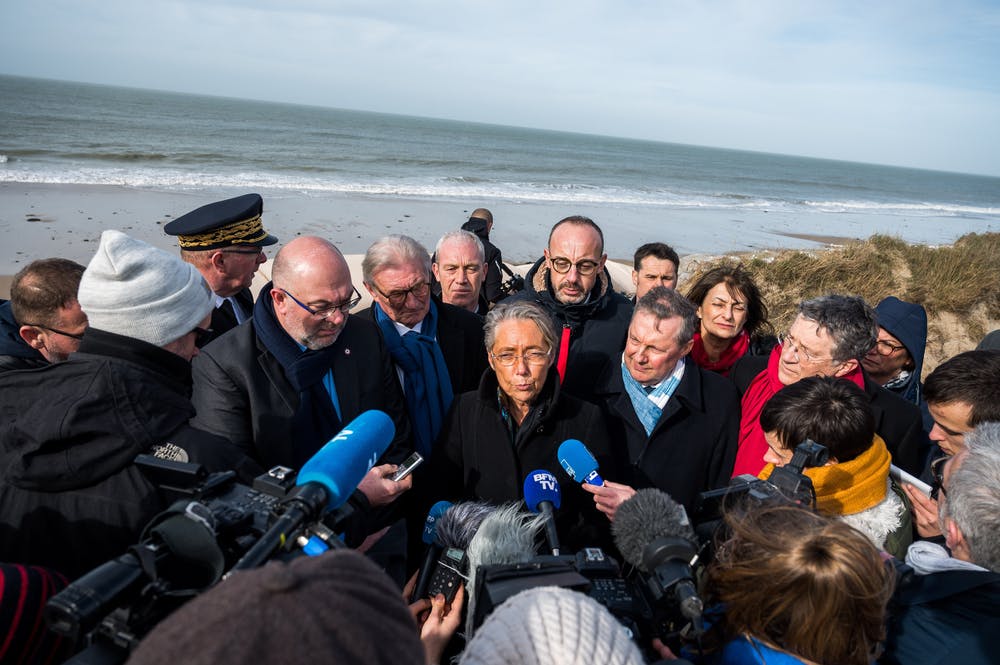
To add to the uncertainty, Élisabeth Borne, the current prime minister who was only appointed to the position on May 16, is herself seeking election to parliament for the first time. Macron has confirmed that any ministers, including the prime minister, would be expected to step down if they lose their elections, and Borne’s resignation would require a whole new government to be nominated. But a loss for Borne is viewed as unlikely.
